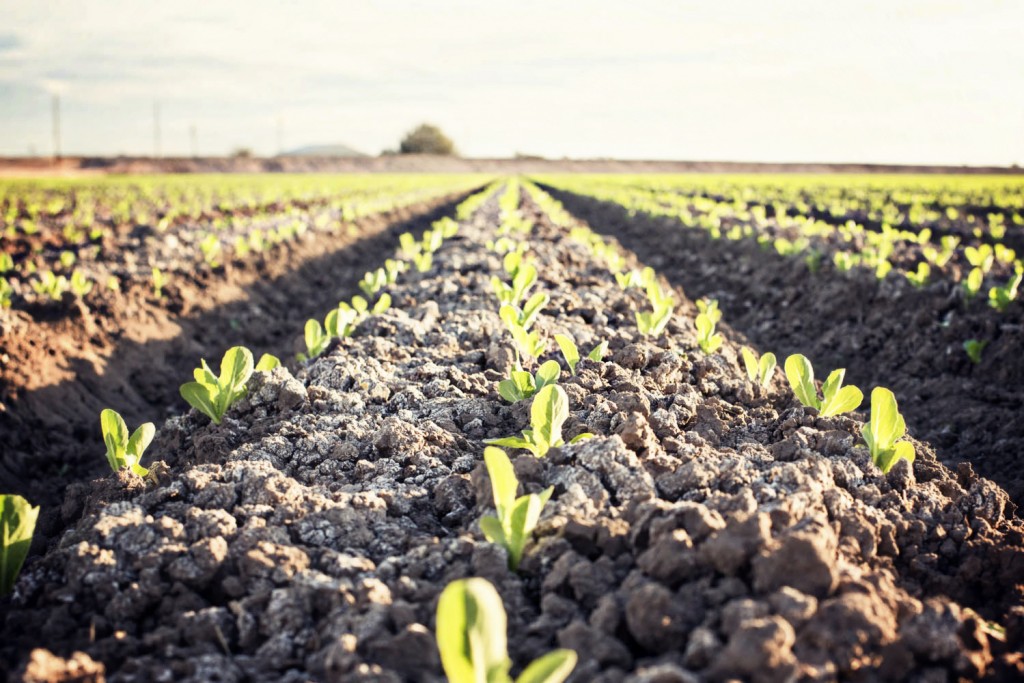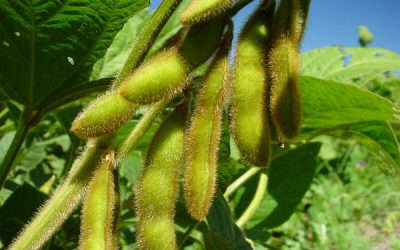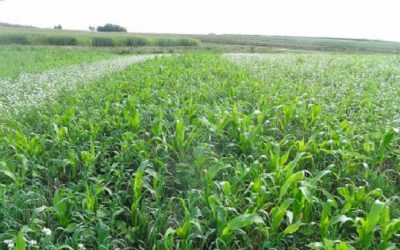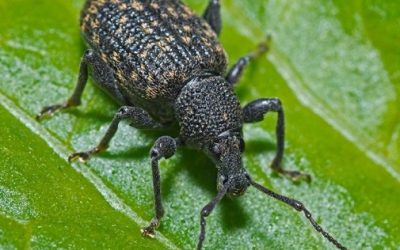Seed treatment for good quality produce.

Good quality vegetable seeds are the most important input in agriculture. Seed treatment, in broad terms, is the application of biological, physical, and chemical agents and techniques to seed that protect seeds and plants and improve the establishment of healthy crops. However, if not properly managed, diseases and pests affecting crops can have devastating consequences in agricultural and horticultural production.
Seed treatments are biological, physical, and chemical agents and techniques applied to seeds to protect and improve healthy crops’ establishment. It refers to the fungicide, insecticide application, or a combination of both to disinfect and sterilize them from seed-borne or soil-borne pathogenic organisms and storage pests. It also refers to the exposure of seeds to solar energy, immersion in conditioned water, etc. It helps improve crop protection, resulting in the excellent establishment of healthy and strong plants and better yields. The benefit of seed treatment is to increase germination and ensure uniform seedling emergence. In addition, it protects seeds and plants from early season diseases and insects, improving crop growth and development.
Overall, seed treatment improves plant population and thus higher productivity. According to an estimate, 80% of seeds in our country are not treated, whereas, in developed countries, 100% of seed treatment is practiced. Seed treatment also protects emerging plants from sucking insects.
How does seed treatment work?
Seed treatment is a biological organism, colorant, nutrient, or chemical applied directly to the seed that helps control any pests that attack the seeds, and plants, thereby improving overall crop performance.
Quality seed is an important crop production input. Seed treatment is a simple method of managing pest incidence in crop production. In addition, it serves purposes such as ease of sowing, breaking dormancy, hardening the seed, increasing nitrogen fixation, and solubilizing phosphorus.
Maintaining seed quality depends on many environmental factors: moisture, temperature, humidity, and storage conditions. However, even if these factors are properly accounted for, seed quality can still be destroyed by some seed-borne diseases, insects, and other pests.
Different methods of vegetable seed treatment.
Dry treatment: Mixing the seed with pesticides or nutrients in powder form.
Wet treatment: Soak seeds in liquid form of pesticide/nutrient solution.
Slurry treatment: Seeds/plants are dipped in slurry. Treatment of seed with liquids or liquid solutions. The slurry is prepared by mixing chemicals with water. The required amount of chemical is automatically added to the specified quantity of seed before bagging. Dipping seeds/plants in slurry, e.g., rice seeds are dipped in phosphate slurry.
Seed dressing: The most common method of seed treatment. The seed is either prepared with a dry formulation or wet treated with a slurry or liquid formulation. The application of dressing is both farm and industrial.
Dust treatment: Seed treatment with the powdered form of fungicides.
Pelleting: Pelleting is a deterrent against soil organisms, insects, birds, and rodents.
Seed dipping: It involves immersing seeds or propagules in a chemical solution for a specified period before sowing. For example- seed dipping Dithan M45 controls potato late blight.
What are the most effective seed treatments?
There are many commercial seed treatments available today. Depending on the needs of specific crops, growers may choose a combination of seed treatments with chemical or biological agents. There are different types of seed treatments.
Fungicides – Seeds are particularly vulnerable to fungi in the early stages of development, and some fungi may be difficult to combat on their own. Fungicide seed treatments can protect them and prevent fungal diseases.
What is the advantage of seed treatment?
Seed treatment protects seeds from pests and diseases – One of the most important benefits of seed treatment is the additional protection it provides to the seeds. During the early stages of development, it is important that the seeds are not susceptible to diseases or pests, or they will fail to germinate. Untreated seeds also have the potential to spread plant diseases that can be prevented if treated to improve their immunity.
Seed treatment controls soil pests – Seed treatment benefits the seeds and the soil. It can control soil pests and add essential nutrients and valuable microorganisms to help plant growth.
Seed treatment improves germination – Seed germination depends on various factors, but seed treatment can improve the chances of germination. Since the seed treatment is applied uniformly to all the seeds, it can promote uniform crop germination. The seed treatment formulations are specific and safe for crops and were designed to avoid any possible harm such as delayed germination or irregular emergence and phy


